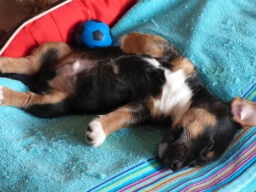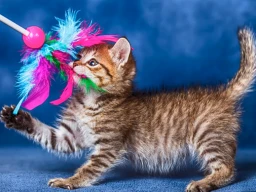
What toy is best for my cat
Rotate toys regularly to keep your cat's interest, and be attentive to any signs of wear or damage to ensure your cat's safety.
Read more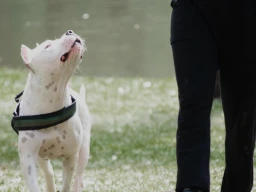
Why do you need an animal behaviourist and how do you go about finding the correct one.
Remember that animal behaviorists often work in collaboration with veterinarians to ensure a holistic approach to your pet's well-being.
Read more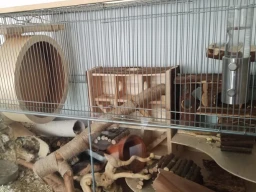
Buying Gerbils and all that is involved
By providing a suitable cage, a balanced diet, regular veterinary care, and opportunities for mental and physical stimulation, you'll be on your way to ensuring a happy and healthy life for your gerbils.
Read more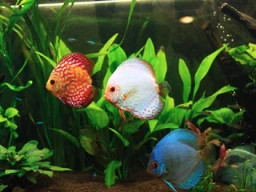
Pet Fish
While fish are fairly low maintenance, you do need to ensure that you take the time to keep the tank and water in good condition
Read more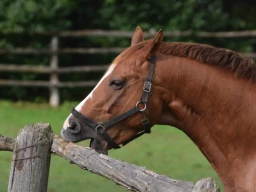
Horse Behaviourists
Overall, becoming a horse behaviourists requires a deep understanding of equine behaviour and welfare, as well as specialised training in behaviour modification techniques.
Read more
Puppy Training and Socialization
Remember puppy treats and dog treats should always be carried with you to reward your puppy when he behaves correctly.
Read more
Dental care treats for your dog
Remember, these treats are not meant to replace regular brushing and professional dental cleanings, which are essential for your dog's oral health.
Read more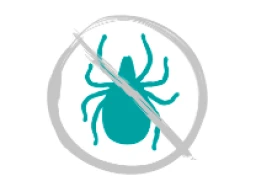
Treating our pets for ticks, fleas and worms
The best medication for your pet will depend on their specific needs and health condition, so it's important to consult with your veterinarian to determine the best option for your pet.
Read more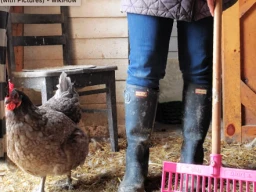
Cleaning out your chicken Coop
Cleaning out your chicken coop is an essential task to maintain a healthy and comfortable environment for your chickens.
Read more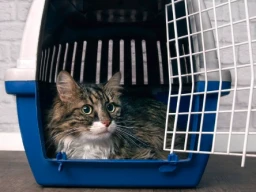
Traveling with my cat
Traveling with your cat can be a bit stressful for both you and your feline friend, but with the right preparation and precautions, it can be a safe and enjoyable experience.
Read more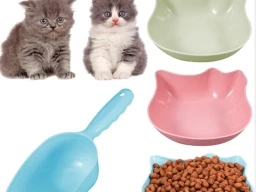
Bowl feeding kittens
Keep in mind the age and health of your kittens, as different feeding strategies may be appropriate for growing kittens versus adults.
Read more
What to feed my Horse and Pony
It is important to consult with a veterinarian or equine nutritionist to determine the most appropriate feed and grain options for your individual horse or pony based on their age, breed, weight, and activity level.
Read more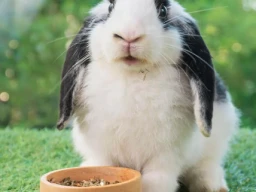
Buying Bunnies, Does and Donts
By providing proper housing, a balanced diet, mental and physical stimulation, and preventive veterinary care, you can help ensure that your rabbits live happy and healthy lives.
Read more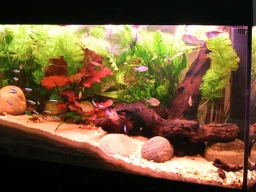
How to set up a Tropical Fish Tank
Remember, it's important to research the specific care requirements of any fish species you plan to keep and ensure that they are compatible with each other.
Read more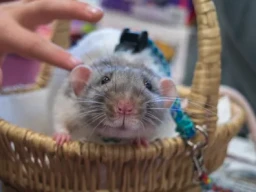
Do Rats make good pets?
Rats are crepuscular, meaning they are most active during the dawn and dusk hours.
Read more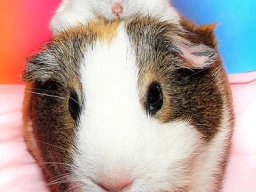
Guinea Pigs or Hamsters which would work best for me
The choice between a hamster and a guinea pig depends on your preferences, living situation, and the level of interaction you desire with your pet
Read more
Delightful Delicacies: A Guide to Puppy Treats and Milk
Opt for treats that are small in size and easy to chew, especially for younger puppies with developing teeth and jaws.
Read more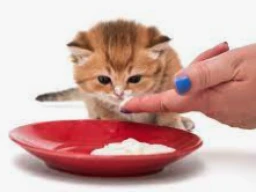
Weaning Cats off Milk, Substitutes, Timing, and Considerations
Successfully weaning kittens off milk involves gradual introduction of suitable substitutes such as kitten formula and wet kitten food, starting around 4-6 weeks of age.
Read more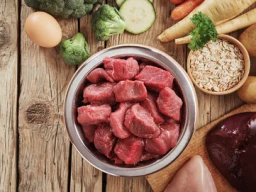
Pros and Cons of feeding raw dog food
It is important to note that raw and frozen dog food diets are not suitable for all dogs.
Read more